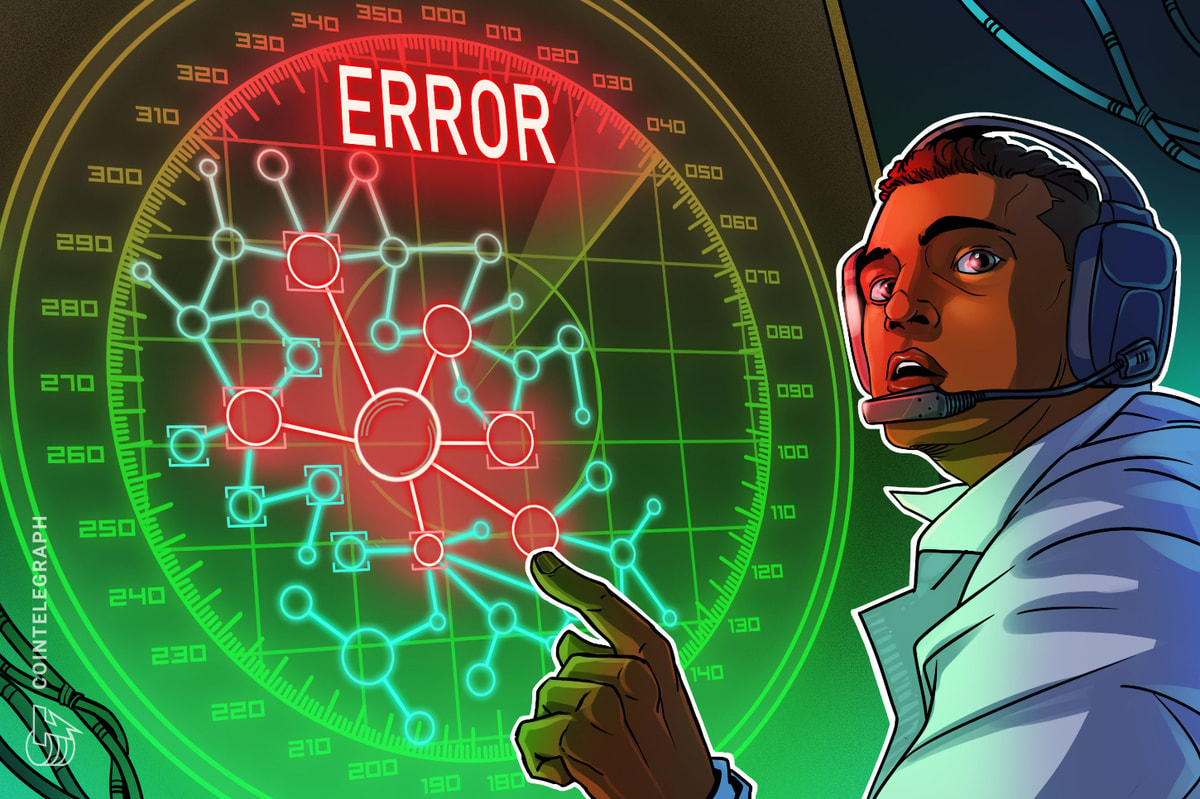While AI-generated songs are flooding the music market, blockchain technology can ensure transparency and ethical standards are maintained within the industry.
The synergy of AI and blockchain can revolutionize the music industry by enhancing artists’ creative capabilities while preserving transparency and fair revenue distribution among creators.
AI is increasingly being used as a tool for creating new songs or imitating existing music content. That is why distinguishing human-generated music from AI-generated content is becoming increasingly difficult.
Moreover, AI content is often trained on pre-existing content mostly without its original creators’ knowledge or consent, creating a number of ethical and legal issues, for which there are no clear-cut solutions currently given the rapid evolution of the technology.
“Because of how the generative AI works, you can’t really tell what has gone into it and how that results in what comes out,” Hanna Kahlert, analyst at MIDia Research, told Cointelegraph.
“The problems that this poses is misinformation and deep-fakes, just a lack of trust in what you can see on the Internet,” she noted.
According to Kahlert, blockchain technology can provide a solution to these issues by tracking the provenance of specific music content, making sure copyrights are respected and artists receive their fair compensation.
Moreover, blockchain technology can make the relationship between artists and fans more direct, bypassing middlemen like labels and centralized streaming services such as Spotify.
To find out more about the possible synergies of AI and blockchain technology in the music industry, don’t miss the latest Cointelegraph Report on our YouTube channel and don’t forget to subscribe.
Magazine: Tokenizing music royalties as NFTs could help the next Taylor Swift







